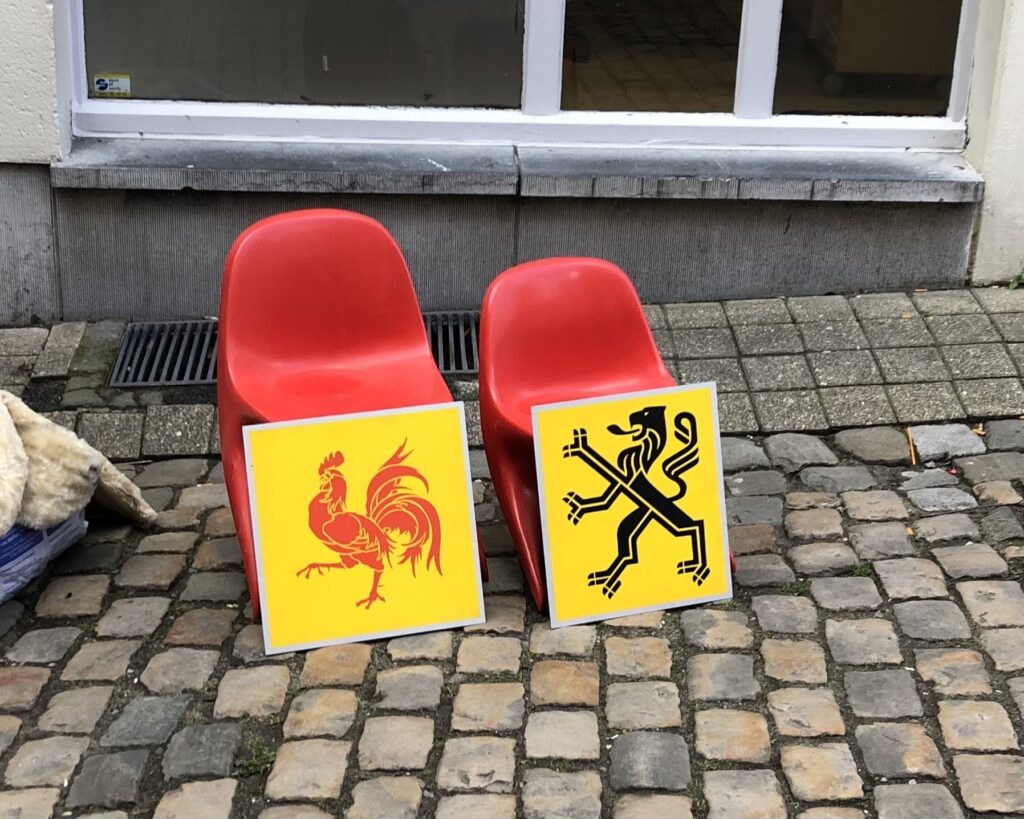The Francophone liberal MR party wants to make Dutch classes compulsory in French-speaking schools from the first year of primary school (pupils aged 6), and vice versa for French in Dutch-speaking schools.
Currently, the subject Dutch is offered in French-speaking schools from the fifth year (pupils aged 10-11). In secondary school, Dutch is an optional subject and pupils can choose one foreign language but pupils are increasingly opting for English rather than Dutch. In Dutch-speaking schools, French is a compulsory subject from the fifth year.
"It worried us that Walloon pupils are choosing less and less Dutch as their first foreign language. The same goes for Flanders, where the knowledge of French among the younger generation is on the decline," MR member Gaëtan Van Goidsenhoven told La Capitale.
"In short, it seems to us that there is less and less interest in our national languages," he added.
Strengthening national cohesion
Therefore, Van Goidsenhoven and his party leader Georges-Louis Bouchez – who has previously lamented the fact that has never learned Dutch in school – are submitting a proposal to the Senate next week to revise the Constitution.
The proposal states that pupils should be required to learn another national language as early as the first year of primary school and until the end of full-time compulsory education.
"This will strengthen national cohesion. If you do not understand what the other person is saying, you cannot make contacts," Bouchez told the newspaper. "A professional knowledge of French and Dutch is an important skill in the labour market."
Related News
- Walloon education minister looks to make Dutch compulsory in school
- Fewer and fewer Walloon pupils learn Dutch as a second language
- Belgium's language divide: Many young Walloons do not speak Dutch
"Speaking English is good, especially if you want to work abroad, but often your career starts in Belgium," he added. "Then you need to be able to speak French as well as Dutch."
As children are usually quicker to pick up a new language than adults, Bouchez and Van Goidshoven want to start in the first year of primary school, instead of the fifth.
"The most important thing is that by the end of your school career, you can make yourself clear in the other language, that you understand it and that you have the necessary tools," he added. "We do not expect people to be perfectly bilingual."

